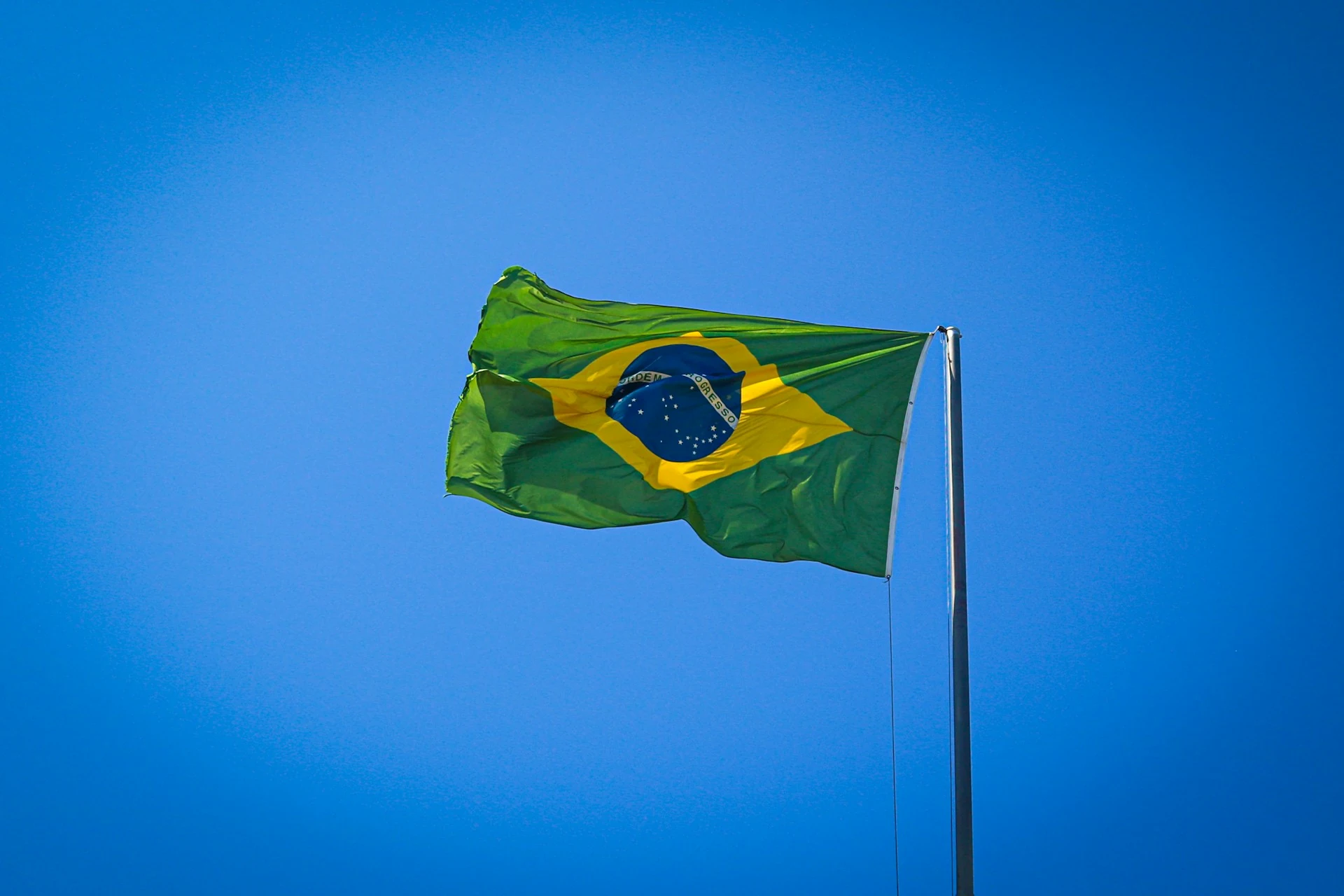Brazil’s minimum wage to reach R$1,630 (US$293) in 2026

The minimum wage in Brazil is expected to increase to R$1,630 (US$293) in 2026, as confirmed by Brazil’s Minister of Planning and Budget, Simone Tebet, during the presentation of the Budget Guidelines Bill (PLDO), as reported by TV Senado in July 2025.
According to Tebet, the 2026 minimum wage will mark the highest inflation-adjusted increase in Brazil in the past 50 years. The estimated rise reflects a 7.37% increase from the current R$1,518 (US$272) approved for 2025.
What is the INPC and GDP?
The National Consumer Price Index (INPC) tracks price changes for goods and services typically purchased by families earning between one and five minimum wages. It is used to calculate the official inflation rate that affects low-income workers.
The Gross Domestic Product (GDP) measures the total value of goods and services produced in the country, minus the inputs used in production. It serves as a key indicator of overall economic growth.
Impact of the 2026 Minimum Wage Increase
If approved, the new minimum wage value in 2026 will be directly reflected in the income of millions of Brazilians, including workers with formal employment contracts, beneficiaries of the National Institute of Social Security (INSS), public servants, and recipients salary bonuses.
The net amount that the worker will receive will be lower than the gross amount because of mandatory deductions, such as contributions to the INSS.
For example, with the minimum wage set at R$1,630 (US$293) in 2026, a 7.5% INSS contribution would be deducted, amounting to R$122.25 (US$22). As a result, the worker’s estimated net pay would be around R$1,507.75 (US$271).
How Brazil’s Minimum Wage is Calculated
The minimum wage increase policy in Brazil was established by Law No. 14,663/2023 and reinforced by Law No. 15,077/2024. The adjustment formula considers two factors:
- The accumulated inflation in the 12 months up to November of the previous year, measured by the INPC;
- Real GDP growth from two years earlier was capped at 2.5%, as defined by the new fiscal framework ceiling.
For 2026, the government applied the maximum limit of 2.5%, as Brazil’s GDP grew 3.4% in 2024.
Minimum Wage Estimates Until 2029
| Year | Expected minimum wage value |
| 2026 | R$ 1.630 (US$293) |
| 2027 | R$ 1.724 (US$310) |
| 2028 | R$ 1.823 (US$328) |
| 2029 | R$ 1.925 (US$346) |
These projections consider controlled inflation and moderate GDP growth, respecting the limits established by the new fiscal framework.
The Impact of the Minimum Wage on the Brazilian Economy
The 2026 minimum wage increase in Brazil doesn’t only affect the salaries of formal workers. It also serves as a basis for adjusting social security and pension benefits, public contracts, and labor agreements.
As the minimum wage rises, companies are required to adjust their payroll systems and remain compliant with updated labor regulations.
To support this, the use of tools such as a time clock software becomes increasingly important to maintain efficient management of working hours and salary calculations.
Related Content:
Brazil defends reducing workweek to 40 hours



